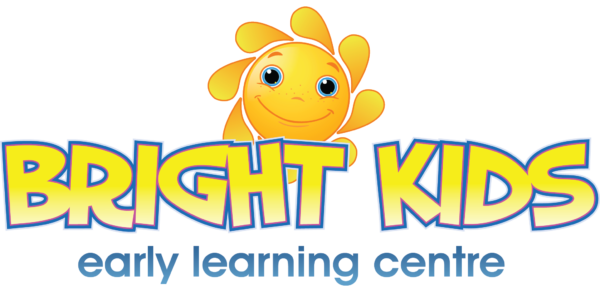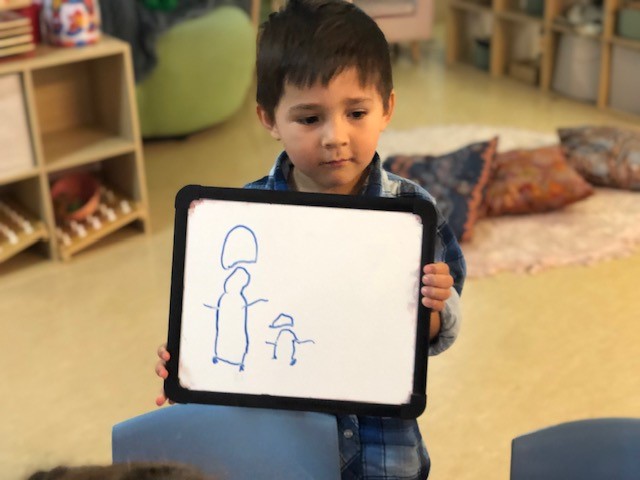Developmental Journey
We focus on evolving our children’s skillset and support them in reaching certain milestones, by providing fun-loving activities enriched with quality learning on their developmental journey.
At the start of the year we begin by gaging each and every child through a process of observation and documentation. This provides us with important clues about our children’s developmental health. Milestones are makers that tell you when to expect children to learn a new skill. Through observation we get an insight where each child is sitting academically, cognitively and physically on the developmental milestone checklist.
The areas we focus on are catagorised in the following areas;
- Gross Motor;
- Fine Motor;
- Social and Emotional skills;
- Communication skills; and
- Cognitive and intellectual skills.
Gross Motor
We have embedded a gross motor programme into the curriculum to ensure every child is participating in all areas of developing their gross motor skills. We facilitate our gross motor programme predominately in the outside yards but we also engage in music and movement inside the classroom as well.
Out in yard the children naturally explore;
- Obstacle courses- general play;
- Running;
- Climbing;
- Swings (standard & knotted climber);
- Rock wall climbing to the slide;
- Sand pit play; and
- Bike riding on the bike track
Intentional Gross Motor teaching;
- Ball skills- throwing, catching and kicking;
- Balancing skills on the timber beams in the mulch pit;
- Obstacle courses intentionally created with purpose;
- Gym mat activities such as- forward rolls and cart wheels;
- Music and dance movement; and
- Yoga.
Working on gross motor skills helps a child gain strength and confidence in his/her body. It also helps them get exercise and physical activity, which is important for a healthy lifestyle. Developing these skills helps a child’s ability to do more complex skills in future activities, such as team sport.
Fine Motor skills
The most popular activity in our daily routine at the moment is craft activities. It has become our favourite inside activity and an opportunity to tap into the right side of the brain… the creative, artistic side.
Why is fine motor skill development important? Little hands need to develop dexterity and strength.
Before we start on the actual learning, we, as educators, can help this process by encouraging children to play, explore and interact with a variety of items.
Different toys, dress-ups, safe scissors and play dough are all tactile examples of practices that facilitate fine motor development. These types of “play” activities and manipulation skills will actually help prepare the children to hold and use a crayon in a proper way.
The activities we provide the children with are;
- Drawing;
- Scissor practise;
- Threading experiences;
- Painting;
- Play dough;
- Writing; and
- Finger muscle strengthening, through different craft activities.
Social and Emotional skills
When it comes to Social and Emotional skills, we have embedded an entire program dedicated to developing these life long skills to support them through life’s journey. Why we believe this is very important, because in children’s first few years of life, young children acquire social and emotional skills, such as understanding and regulating emotions, sharing with others and following instructions. These skills lay the foundation for developing literacy, numeracy, building positive relationships and other cognitive abilities that are critical for success in school and their life in the future.
We are currently focusing on building our children’s social and emotional skills by providing them many opportunities to understand the terms of;
- Displaying good manners;
- Communicating effectively with others;
- Being considerate of the feelings of others;
- Expressing personal needs; and
- Managing their own emotions.
Communication skills
Role modelling effective communicational skills happens in our daily routine in the class room, just by way of talking through all the different routines and experiences. We plan experiences with a focus on conversation and social skills, to promote positive interaction and communication. This can help children to successfully communicate their wants and needs, and nurture meaningful relationships with peers.
We encourage and evoke children to;
- Talk more at the group times by contributing their ideas through different group discussions;
- To integrate mind and body by recognising and communicating their bodily needs (such as; thirst, hunger, rest, comfort, physical activity)
- Develop their speech and understanding through different stories at group times; and
- Emotional charades, which helps the children, identify different facial expressions, signals, and body postures when communicating. These are the non-verbal communication cues that complement verbal communication.
Cognitive and Intellectual skills
Do you want to know a secret on how to support your child develop their cognitive skills?
Its ‘PLAY’. Children are always curious to learn how things work, and they learn best through play. Children at play are solving problems, creating, experimenting, thinking and learning all the time.
We allow lots of free play time for our children in the Snakes room, as we believe spending time playing with other children is especially good for their cognitive development. Playing together builds relationships and sends a simple but powerful message – you are important to me. This message is key to helping children learn about whom they are and where they fit in the world. It also gives the children confidence to keep exploring and learning about the world.
Some other ways that we practise in the snakes room to help children develop their cognitive skills;
- Self-help skills (for example making their own bed, putting shoes on the correct feet, getting dressed up and using the toilet with no support);
- Puzzle play;
- Practising counting at group times – we choose one child from the group each day encouraging him/her to go around and count how many friends (peers) in the room,
- Counting in sequences;
- Identifying shapes and colours;
- Offering choices; and
- Asking questions.
If you have any questions about our program or your child’s developmental journey, then look out for our information night next month.
That’s all this month from Miss Roshin, Miss Coby and the Snakes (Jomgwong) room
Also please follow our Facebook and Instagram Pages and stay up to date


